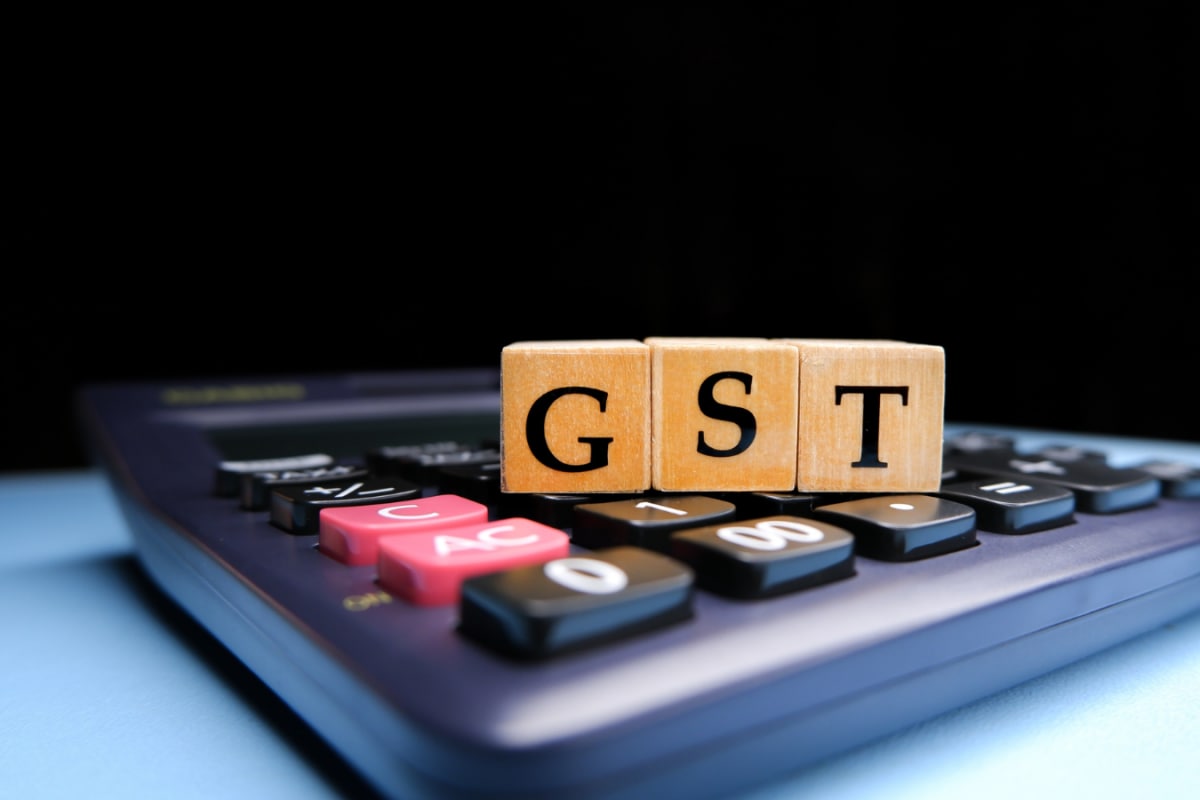

State Finance Ministers are convening on August 20-21 to discuss the Goods and Services Tax (GST) rate rationalization. This meeting of the Group of Ministers (GoM), led by the Bihar Deputy Chief Minister, is crucial for finalizing recommendations on GST rate reforms. The GST Council is expected to meet in September to finalize these reforms, potentially shaping a new GST structure.
The central government has proposed a revamped GST structure with two primary tax rates: 5% and 18%. This proposal aims to replace the existing multi-slab system, which includes rates of 5%, 12%, 18%, and 28%. A special rate of 40% is proposed for luxury and sin goods, such as tobacco and online gaming. The aim is to shift approximately 99% of items from the current 12% slab to the 5% bracket and about 90% of goods and services from the 28% slab to the 18% rate.
The Finance Ministry anticipates that these "next generation" GST reforms will reduce the tax burden, particularly on commonly used items. Prime Minister Narendra Modi has indicated that these lower taxes could be a "Diwali gift" to citizens. The proposed changes are designed to simplify the GST system, reduce disputes, increase affordability, and boost consumption.
The GoM will closely examine the Centre's proposals during their two-day meeting and draft a final report for the GST Council. The Council's meeting, expected in the third or fourth week of September, may require multiple sessions to build consensus, considering the comprehensive nature of the reforms. The reforms under discussion range from rate rationalization and process simplification to quicker registrations and automated refunds.
The GST reform exercise has been ongoing for over two years, facing delays due to factors such as changes in the GoM's composition. Originally formed in September 2021 and initially led by the then-Karnataka Chief Minister Basavaraj Bommai, the GoM submitted an interim report in June 2022. Following government changes in Karnataka, Krishna Byre Gowda became the state's Revenue Minister, and the panel was reconstituted in October 2024 with Suresh Kumar Khanna of Uttar Pradesh as convenor. Subsequently, Samrat Choudhary, the Deputy Chief Minister of Bihar, assumed the chairmanship after a change in the state's finance portfolio.
The upcoming GST Council meeting will be the 56th and will be chaired by Finance Minister Nirmala Sitharaman. The Ministry aims for early implementation of the reforms to ensure the intended benefits are realized within the current financial year. Sectors like textiles, fertilizer, renewable energy, automotive, handicrafts, agriculture, health, and insurance are expected to benefit most from the GST rate overhaul.
The central government has circulated a detailed proposal document among the members, emphasizing structural reforms, rate rationalization, and ease of living. The proposed changes also aim to address the end of the compensation cess regime in March 2026, devising mechanisms for taxing goods currently under this cess. The discussions and decisions made in the upcoming meetings are crucial for implementing the Prime Minister's announcements and streamlining the GST system.